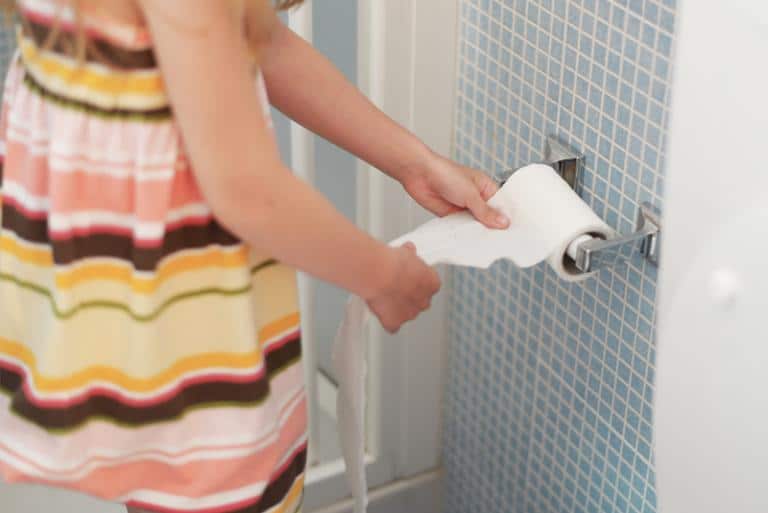UTI in Children
What Causes Urinary Tract Infection (UTI) in My Child?
Urinary Tract Infections are usually caused by bacteria, which infect the urinary tract. An infection can occur anywhere along the urinary tract, but the lower part – the urethra and bladder – is most commonly involved. This is called cystitis. If the infection travels up the ureters to the kidneys, it’s called pyelonephritis, which is generally more serious. Although bacteria are not normally found in the urine, they can easily enter the urinary tract from the skin around the anus. Intestinal bacteria E. coli is the most frequent cause of urinary tract infection. Urinary tract infections are more common in girls than in boys.

How Do I Know if My Child Has Urinary Tract Infection (UTI)?
Your child may or may not have clear symptoms. The usual symptoms are:
- Fever (often without any urinary symptoms/signs in young children)
- Passing urine more often than usual
- Pain and burning when passing urine
- Abdominal or back pain
- Nausea or vomiting
- Bed-wetting
- Wetting during the day
- Foul smelling or cloudy urine
- Blood in urine
How Is Urinary Tract Infection (UTI) Diagnosed?
After taking a history and performing a physical examination, the paediatrician who suspects a UTI will collect a urine sample to confirm the presence of UTI and to identify the specific bacteria causing the infection. The urine sample may be used for a urinalysis (a test that checks the urine for germs or pus) or a urine culture (which attempts to grow and identify bacteria in a laboratory). Knowing what bacteria are causing the infection can help your doctor choose the best medication to treat it.
How Is Urinary Tract Infection (UTI) Treated?
Urinary tract infections must be treated with antibiotics, which will take 48 to 72 hours to work. The type of antibiotic used and how long it must be taken will depend on the type and severity of bacteria causing the infection. After several days of antibiotics, your child’s pediatrician will repeat the urine tests to check if the infection is gone. An incompletely treated UTI can recur or spread, thus it is very important to complete the full course of antibiotics. Admission to the hospital for injection antibiotics may be necessary if your child is very young (especially if less than three months old), appearing unwell, vomiting/unable to tolerate oral antibiotics, or if your child has known congenital problems of his/her urinary system.
How Do I Care For My Child If He/She Has A Urinary Tract Infection (UTI)?
- Consult your child’s pediatrician early. Give your child the antibiotics prescribed and complete the whole course, as well as the fever medications to help control his/her temperature. Be sure to check whether the medication should be taken before or after meals. If your child vomits or refuses the medicine, notify your paediatrician early.
- Remember to give your child extra fluids during this time. These will help to dilute the urine and make it less painful to pass.
- Notify your child’s school teacher that your child might need to use the washroom more often than usual.
- Remember to keep your child’s return appointment with the pediatrician.
How Can I Prevent My Child From Getting A Urinary Tract Infection (UTI)?
- Keep your child’s genital area clean.
- Teach your daughter to wipe the genital area from front to back (NOT back to front) after she goes to the toilet.
- Ensure that your child wears cotton underpants and changes them daily.
- Do not put bubble bath or bath oil in your child’s bath.
- Help your child establish regular toilet habits.
- Avoid constipation in your child, because constipation may prevent proper urine flow. To prevent constipation, include bran, whole wheat bread, raw vegetables, raw fruits and sufficient fluids in your child’s diet. Do not give your children laxatives, unless ordered by the paediatrician.

